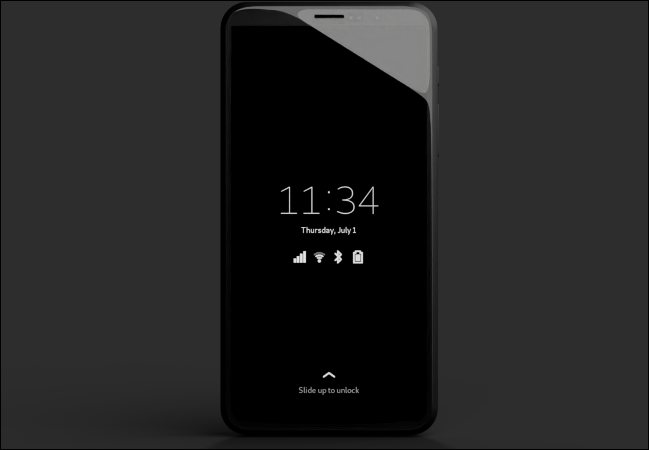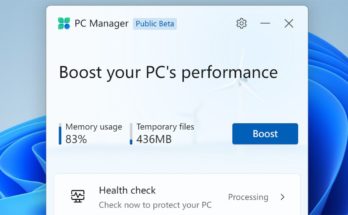
Leaving “big tech” ecosystems on the desktop is fairly easy with a Linux laptop or a manual Linux install. Smartphones, though, seem strictly the domain of Apple and Google. Do any Linux-based smartphones exist? Let’s take a look at this mostly nascent smartphone genre.
Índice
What Exactly Constitutes a Linux Phone?
First, let’s make a technical caveat. Both iPhones and Android phones are, in a way, Linux phones, or at least related to Linux. Google built its Android operating system on top of AOSP, which is an open-source project based on the Linux kernel—the foundation of all Linux distributions. AOSP’s code is free and available for anyone to modify and use for their own purposes. The version of Android you use on your phone, however, is closed-source. That means the modifications Google has made are proprietary and not publically available.
iOS and macOS are descendants of Unix (via the BSD kernel), which the Linux kernel is also based on. However, iOS is largely closed-source. Technically, then, both iOS and Android are in the same family tree as Linux. The key distinction is that neither preserves the free and open-source software tradition. So to be clear about what we mean by “Linux phone” let’s define it as a smartphone with an operating system whose source code remains open-source. And these phones do exist.
True Linux Phones Exist, You Just Have to Find Them

If you’re in the market, there are a few retailers that sell smartphones with one or another custom Linux operating system (also called a ROM) preinstalled. A few examples are eSolutions with an operating system called /e/OS, Purism using PureOS, Volla with Ubuntu Touch, and Pine64 with a mobile edition of Manjaro Linux. F(x)tec sells the PRO1 X, which actually allows you to choose between LineageOS, Ubuntu Touch, and traditional Android.
These operating systems are often billed as more respecting of privacy than Android and iOS, and some support that claim with physical kill switches for the microphone and camera. Purisms’ PureOS also boasts “full convergence,” meaning you can open an app on your phone, then seamlessly drag and drop it onto your desktop to continue using it there, and vice versa.
All of that may sound great, but start clicking on the links above and, if you’re a reader in the US, you’ll quickly notice something: there aren’t many shipping options outside of Europe and the UK. Additionally, these phones tend to be less than cutting edge. Don’t expect the impressive hardware specs sported by the latest iPhones or Samsung Galaxies.
You should also keep in mind that, while not always the case, some of these phones are intended for enthusiasts, tinkerers, and sometimes people with an exceptional need for privacy—not the average consumer. You’re likely to run into problems and may have to be your own troubleshooting service. This is especially true if hope to run classic Google apps on the phone.
You Can Convert Android Phones Into Linux Phones
If you’re tempted by the idea of a smartphone experience that doesn’t involve either Google or Apple, it’s possible to install a Linux OS on an Android phone you already have. Since there are some risks involved when installing custom ROMs, we don’t recommend doing it with a phone you currently rely on. Flashing a ROM also isn’t a simple undertaking and involves using tools like ADB.
Undeterred? A good place to start is finding out if your phone is supported by looking at /e/OS’s device list, or that of LineageOS and Ubuntu Touch. You may also want to check out GrapheneOS and postmarketOS. If you can’t find an appealing Linux ROM that supports your phone, a good plan is to identify a device with well-documented support under the OS you want. Then you can purchase that phone with confidence that your Linux installation should go off without a hitch.
RELATED: How to Install LineageOS on Android


